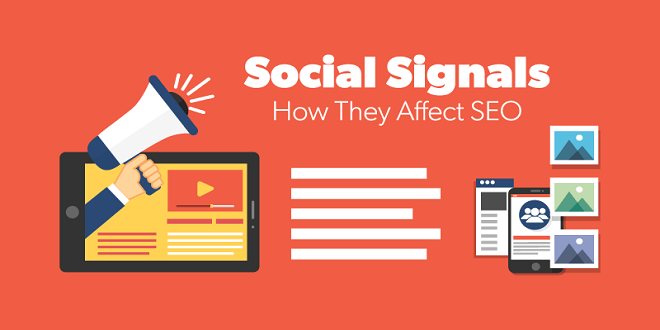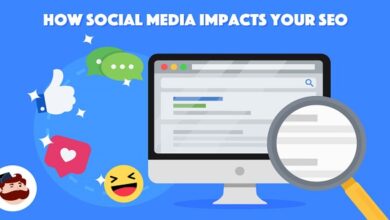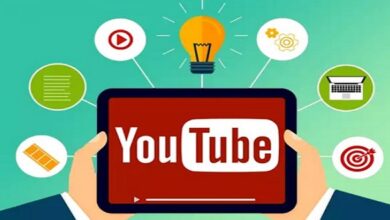Bing’s Experiments with Social Signals

Bing has relationships with many social media platforms. These relationships provide Bing with real-time access to any updates that occur on those networks. For example, when someone posts an update on his Facebook page, Bing gets notified of that update via its API, which means it gets the data relatively quickly, and with minimal overhead. Social sites that Bing has such relationships with include.
- Foursquare
- Quora
- Klout
In contrast, Google has to crawl Facebook to obtain comparable social update info, and only as of May 19th, 2015 did Google start to get access to Twitter data via API. This is what makes the experiments that Bing has conducted interesting to review in detail. For example, Bing experimented with using data from Facebook as a ranking factor in the search results. shows how Bing’s search results looked in 2010 if you performed a search on the phrase New York Post.
In contrast, Google has to crawl Facebook to obtain comparable social update info, and only as of May 19th, 2015 did Google start to get access to Twitter data via API. This is what makes the experiments that Bing has conducted interesting to review in detail. For example, Bing experimented with using data from Facebook as a ranking factor in the search results. shows how Bing’s search results looked in 2010 if you performed a search on the phrase New York Post.
In a February 2013 interview by Eric Enge with Bing’s Stefan Weitz,2 Weitz had this to say about whether Bing used likes as a ranking signal: Not now, no. The notion of a Like is still a little bit perplexing from a ranking perspective. What does a Like mean for a page Does the user like the design, the content, or maybe just the picture We tend to not just use a pure Like signal to do ranking.
He also said: Shares are basically the same as likes—not used a ton for web ranking except in velocity (like Twitter). For a while, Bing went in a completely different direction by separating out the social part of its search results into a sidebar. Figure 8-7 illustrates this implementation.
Does Google Use Facebook as a Ranking Signal?
As previously mentioned, unlike Bing, Google must crawl Facebook to get data on activity on the site. Consequently, Google will not be able to get any data from pages that are not marked as Public by the profile owner. That is a very large crawling burden. To determine how many pages Google indexes from Facebook, Stone Temple Consulting performed a study, published in December 2013. We can see how many pages Google has indexed from Facebook.
Google has indexed 5.14 billion pages from Facebook according to this query. To put this in perspective, data released by Facebook in February 2014 indicated that it had 1.2 billion users, and that 10% of these put out daily updates, and 4% put out more than one update per day.
Last word
For purposes of this analysis we are going to estimate the total number of additional updates per day as the number of users times 2 times 30. Note that we use 2 in this calculation instead of 3, as we have already counted 1 daily update per user in our prior calculation. The result is another 2.88 billion updates per day.



